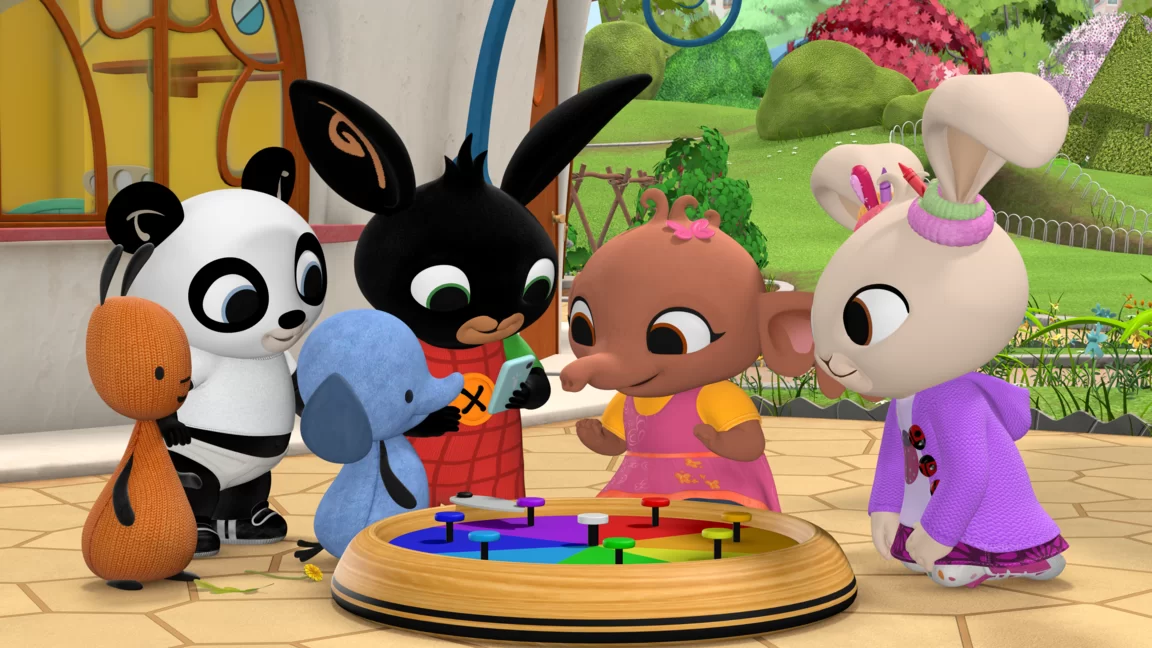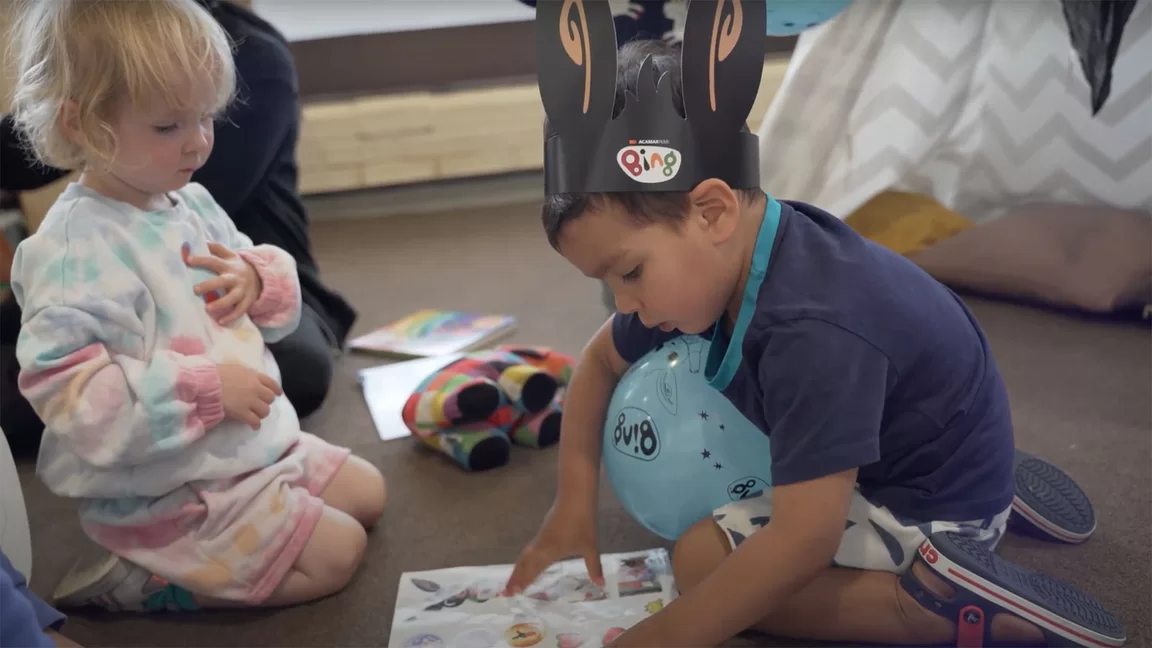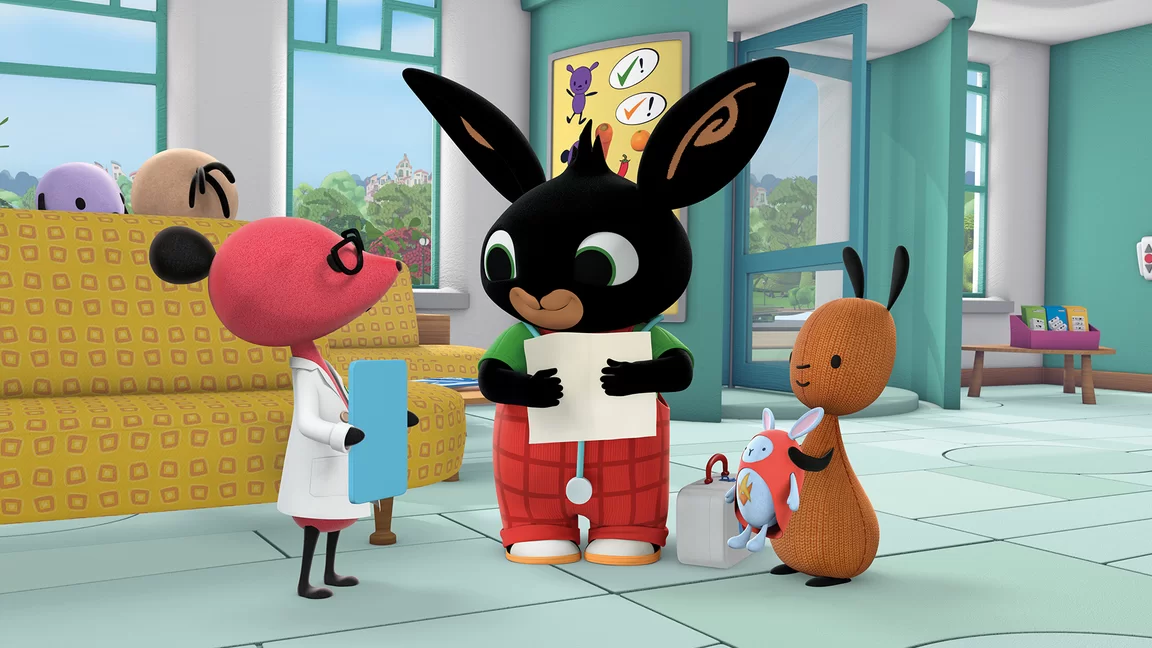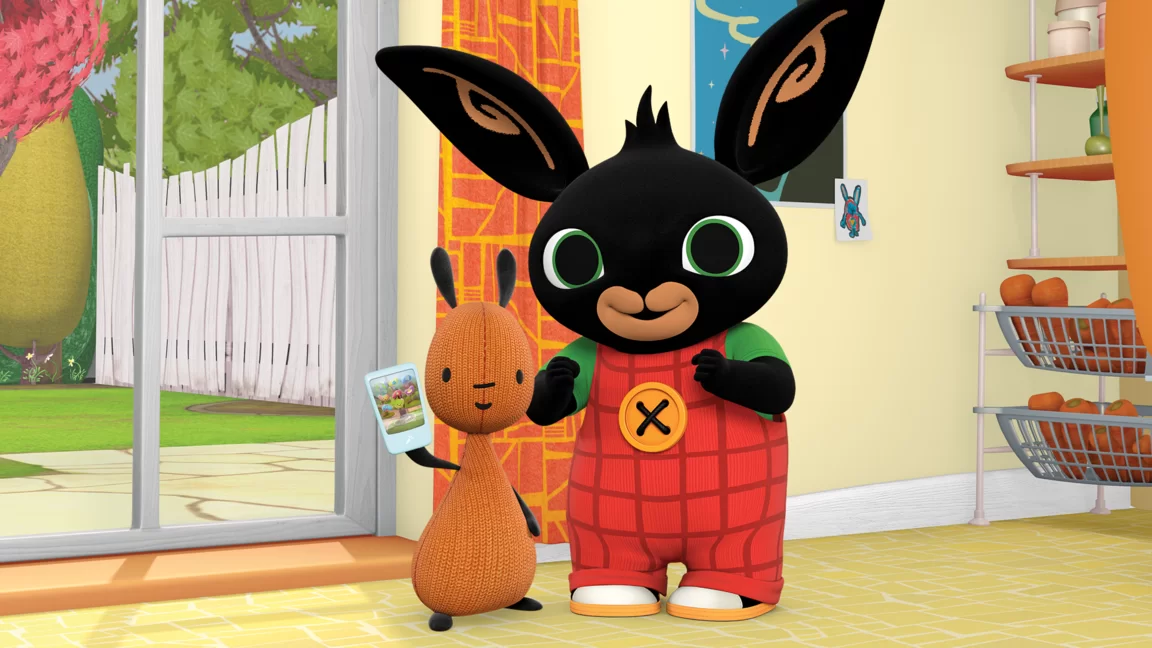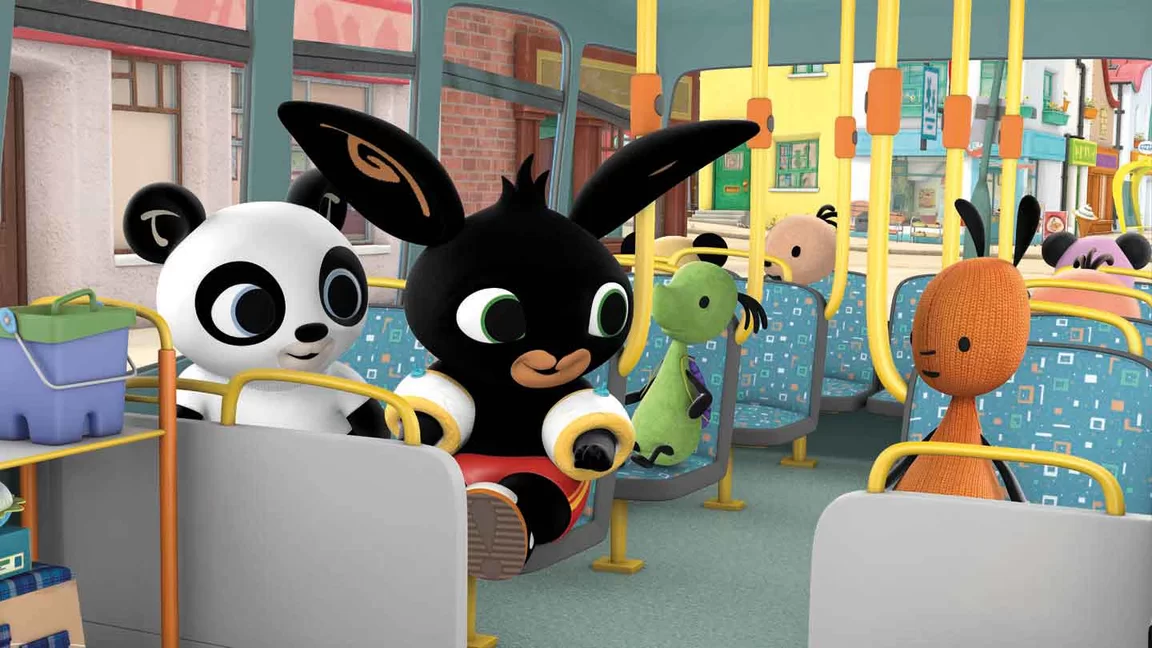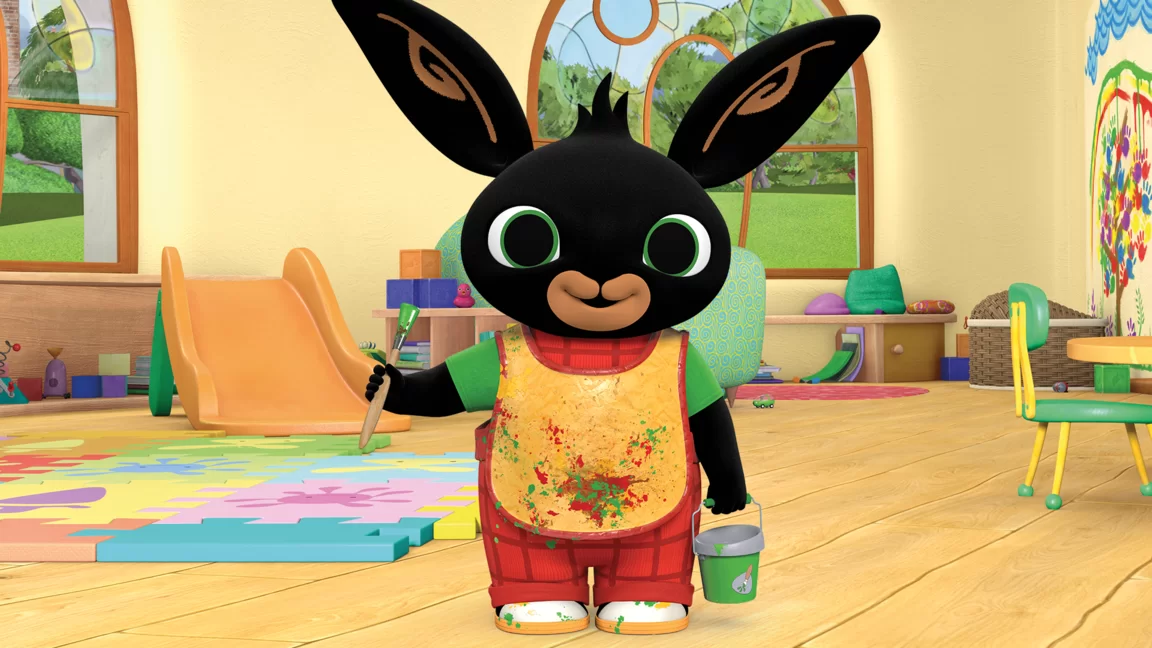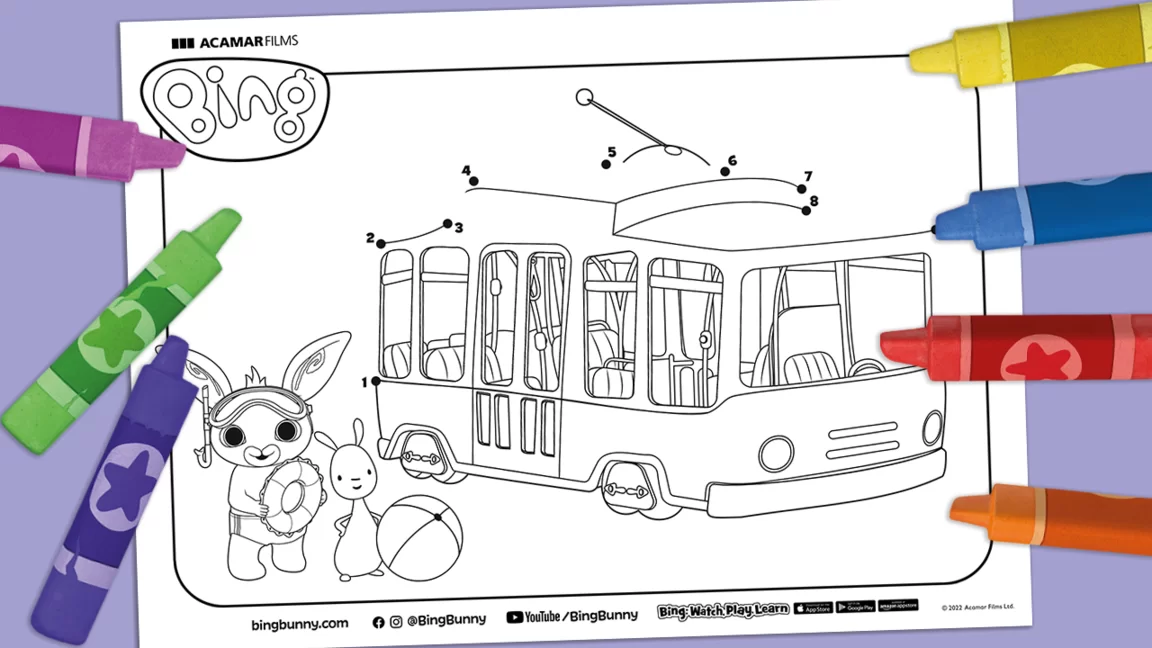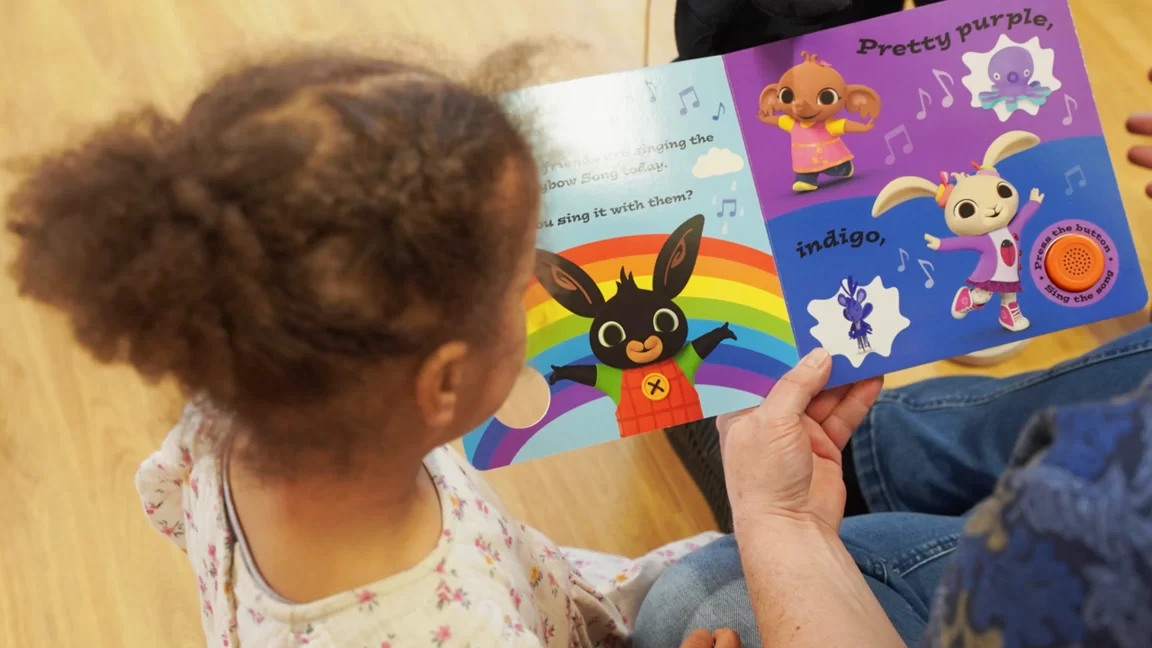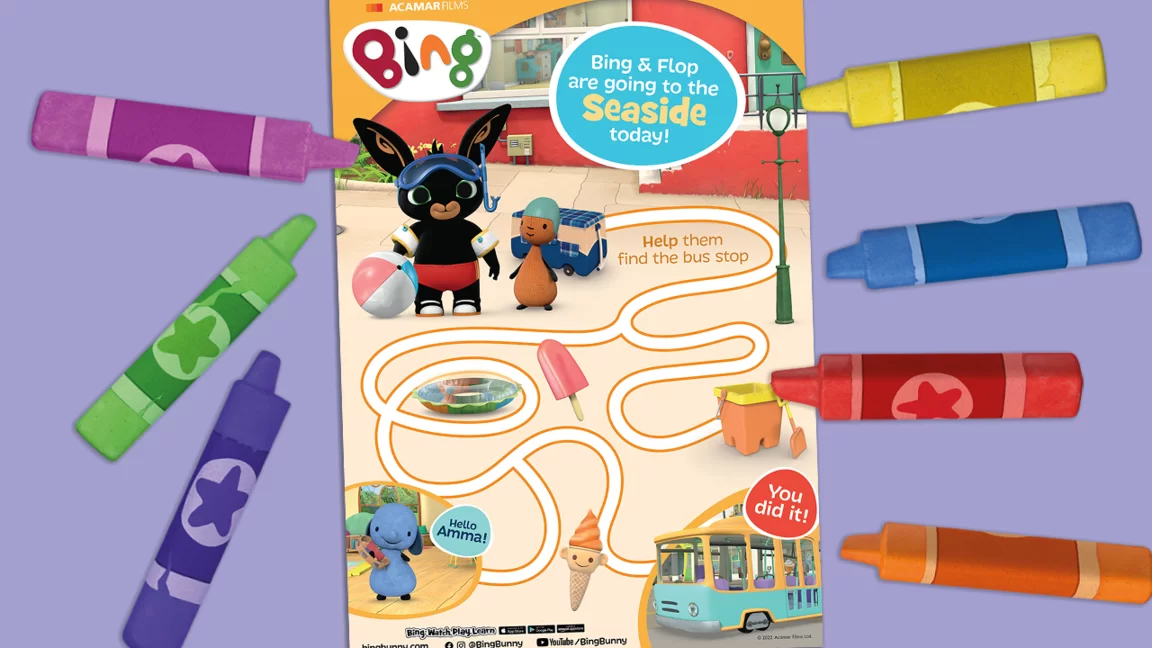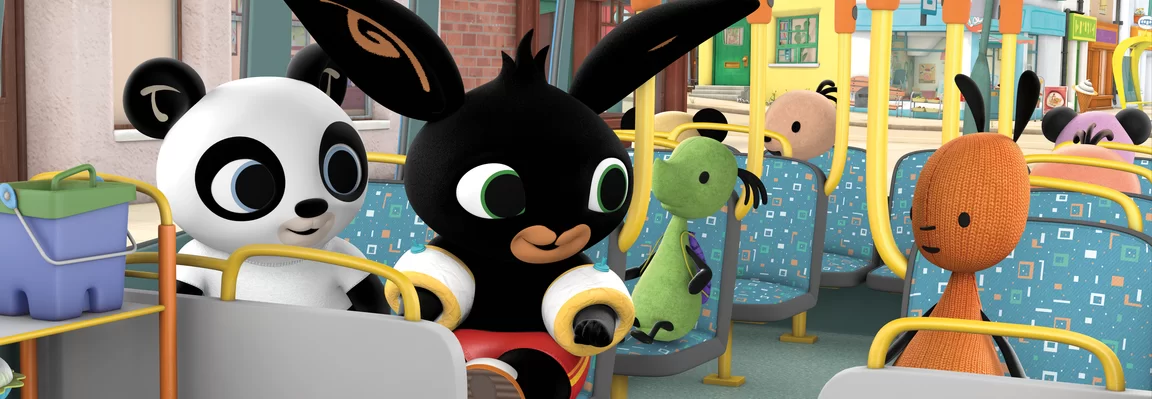
Managing long journeys
Managing long car journeys with toddlers
By Prof Sam Wass
If you’re anything like me, then managing long car journeys with young children can easily turn into something that you dread. Young children are often too small to see out of the window, and too young to be able to follow a long story. And because cars are such tight enclosed spaces, when one member of the family is in a bad mood then this often spreads across the whole family – a phenomenon known as stress contagion. And your normal ways of calming down – like picking them up and giving them a cuddle, or taking them upstairs if you’re downstairs, or outdoors if you’re indoors, aren’t available when you’re stuck in the car.
So here are some tips that might help to make car journeys with young children enjoyable
Should I time my car journeys around nap times?
Yes, time your trip around nap times. Even an hour-long nap, or timing your journey in the evenings, can make a long car journey pass more quickly. Make sure that you start at home with the same normal bed-time routine – reading a story, changing their nappy – and then pop them in the car instead of into bed. They should be off in no time!
Professor Sam Wass
Many families will have experienced what’s a regular event in my family – several screaming toddlers in the car and one parent frantically trying to entertain them while they drive!
How can I keep my child entertained in the car?
Give them something to keep fidgety fingers happy. Giving something for their fingers to fidget with can help them to keep happy sitting for a long time. For younger children, something sensory is often good. If they’re endlessly dropping it on the floor, try tethering it to their seat.
Professor Sam Wass
Because cars are such tight enclosed spaces, when one member of the family is in a bad mood then this often spreads across the whole family.
Which types of content can I show my child in the car?
Go audio, or pick gentle TV shows for stories. Concentrating on an audio book is a great way to keep children calm while you’re driving. It can be tricky to get young children used to them, but if you do, the rewards are huge. If you do use TV, be careful what show you choose. Gentle, calm and comforting TV shows such as Bing are best. A lot of TV shows show characters in danger – and watching this type of TV can put childrens’ bodies into ‘fight or flight’ stress mode – which is not something you want in the car!
Professor Sam Wass
Gentle, calm and comforting TV shows such as Bing are best
Which types of snacks could I give my child in the car?
Snack them. Due to choking and accident risks, plan snacks for times when the car is stationary and you can supervise your little one. Snacks such as carrot sticks or small strips of cheese are recommended. Most children are calmer when their stomachs are full!
Try to get everyone singing
Try to get everyone singing. When we sing we take in long, slow, deep breaths – which is also how we breathe when we’re calm and confident. And breathing as if we’re calm is a great way of tricking our body to actually stay calm. If that’s not a reason to wheel out some classic family tunes, I don’t know what is!
Download a printable version
About the author
Professor Sam Wass (www.profsamwass.com) studied at Oxford University, London, and Cambridge University, and currently runs the BabyDev Lab (www.uelbabydev.com) at the University of East London. Sam's research is funded by Research Councils UK, the European Research Council, and Medical Research Council and others to study child psychology and child brain development during the early years. His speciality is on concentration and stress during early childhood. He works typical and neurodiverse populations, including children ADHD, Autism, anxiety and other neurodiverse groups. He works regularly with commercial organisations including Melissa & Doug and LEGO, and as a consultant with early years groups including Fennies Nurseries. Sam also appears regularly in the media as an expert in child development, including in the multi-award-winning Channel 4 series The Secret Life of 4- and 5-Year-Olds.
Prof Sam Wass, Professor of Early Years Neuroscience
- Web: UEL Baby Development Lab
- Web: www.profsamwass.com
- Instagram @profsamwass/@uelbabydevlab
- Twitter: @profsamwass/@UEL_BabyDevLab
- Facebook: UEL BabyDev Lab

